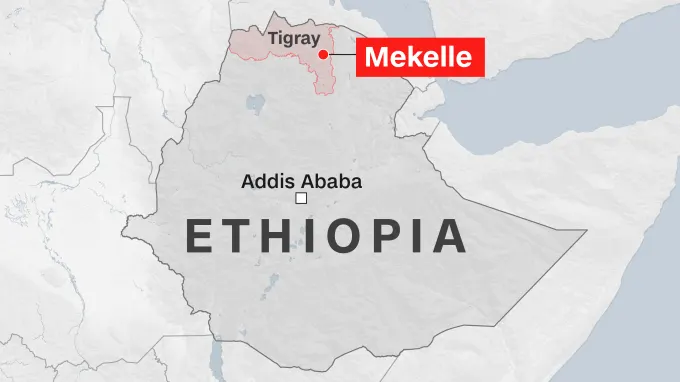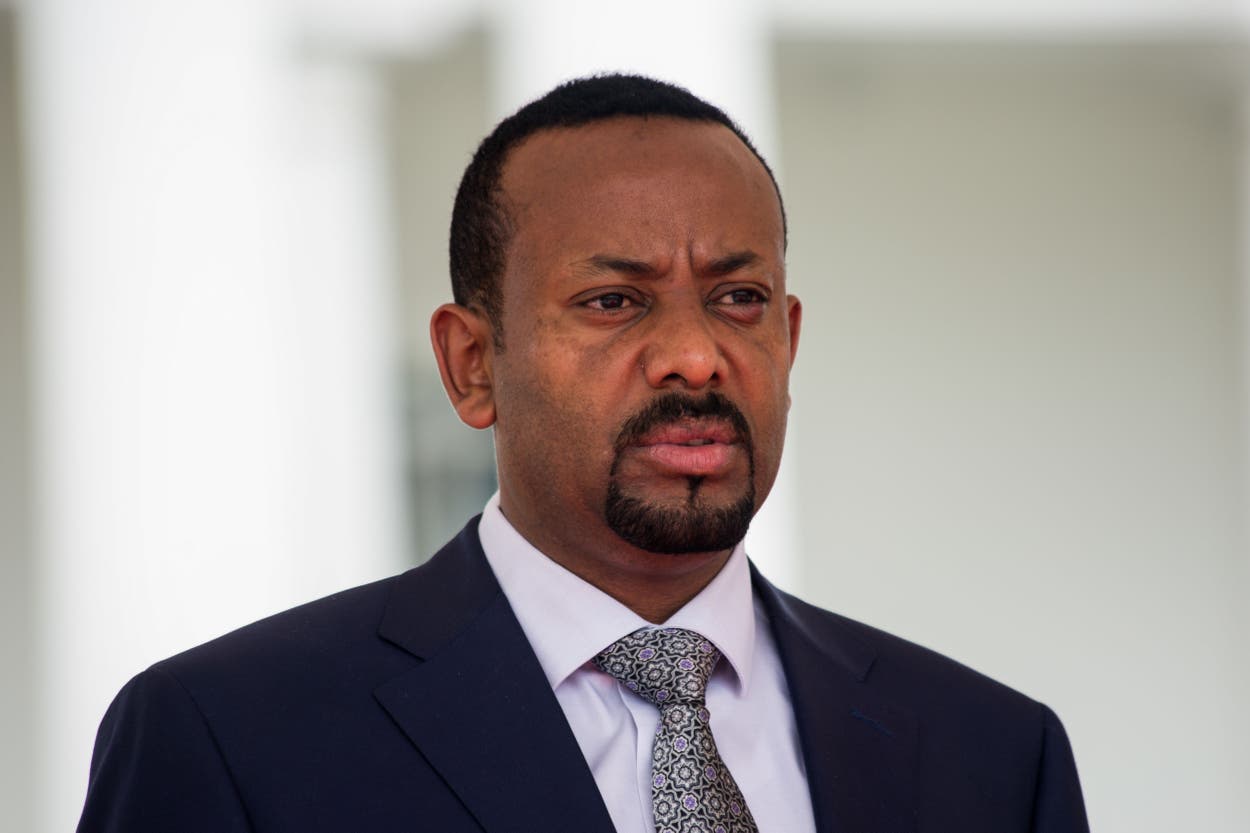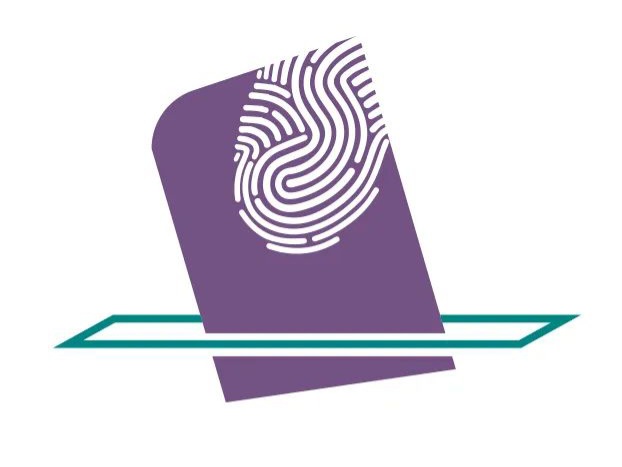By GEBREHIWOT HAILESLASE
Ethiopian Prime Minister Abiy Ahmed is planning a significant constitutional overhaul to transition the country from its current parliamentary system to a presidential one.
This is according to reports and credible sources who spoke to The East African Daily. This proposed change to presidential system would allow him to remain in power at least until 2037.
The National Dialogue Commission is expected to conduct a referendum to propose these constitutional changes, including the shift to a presidential system.
However, Abiy reportedly intends to use the National Dialogue Commission to conduct a referendum that would propose constitutional changes.
These changes would include transitioning to a presidential system and postponing the election until the new constitution is finalized.
The plan involves postponing the next general election, scheduled for 2026, and drafting a new constitution. During the one-year delay, Abiy would continue to lead the country as the head of a caretaker government.
Abiy Ahmed has a history of establishing commissions to gain domestic and international support before dissolving them.
Past examples include the Reconciliation Commission, Identity and Border Commission, and Economic Advisory Commission.
These bodies were initially lauded by stakeholders but were later abandoned after serving their immediate purposes.
The National Dialogue Commission, similarly praised by Western nations, international donors, and the media, has drawn criticism for its limited scope.
Abiy has publicly stated that the Commission’s agenda would focus on Ethiopia’s past and future but exclude issues related to current governance and power-sharing, dismissing calls for an inclusive transitional government.
The tenure of the National Dialogue Commission’s 11 commissioners is set to expire in February 2026 but is expected to be renewed to facilitate the proposed referendum.
According to leaked information from government sources, Abiy has discussed his plans for constitutional reform with some Western governments, which have reportedly cautioned against such a move, warning it could destabilize the country.
If enacted, the proposed constitutional changes could centralize power under Abiy Ahmed and extend his leadership for more than a decade.
The plan has sparked concerns about Ethiopia’s democratic future, given the risks of eroding checks and balances in favor of a more authoritarian system.
The alleged strategy has already fueled debates about the Prime Minister’s intentions and the potential impact on Ethiopia’s fragile political landscape, which is still grappling with internal conflicts and regional tensions.
Abiy Ahmed has initially been seen as a transformative figure in Ethiopian politics since his appointment as Prime Minister in April 2018.
He initiated a series of reforms aimed at liberalizing the economy, improving relations with neighboring countries, and promoting political openness.
These reforms included the release of political prisoners, the lifting of bans on opposition groups, and the signing of a peace agreement with Eritrea.
However, his tenure has also been marked by challenges, including multiple internal conflicts, ethnic violence, and political instability.
The proposed shift to a presidential system and the extension of Abiy’s tenure have raised concerns among both domestic and international observers.
Critics argue that such changes could undermine the democratic gains achieved in recent years and concentrate power in the hands of a single individual, potentially leading to authoritarian rule.
Supporters contend that the reforms are necessary to stabilize the country and provide strong leadership during a period of significant transition.
As of now, the proposed constitutional changes are still in the planning stages, and it remains to be seen how they will be received by the Ethiopian public and the international community.
The outcome will depend on the political dynamics within Ethiopia, the effectiveness of the National Dialogue Commission, and the responses of various stakeholders, including political parties, civil society organizations, and foreign governments.
Abiy’s ultimate goal is to maintain grip in power indefinitely.
(The East African Daily)



